
Urban Hymns is the third studio album by English alternative rock band the Verve, released on 29 September 1997 on Hut Records. It earned nearly unanimous critical praise upon its release, and went on to become the band's best-selling release and one of the biggest selling albums of the year. As of 2019, Urban Hymns is ranked the 18th best-selling album in UK chart history and has sold over ten million copies worldwide. This is the only Verve album to feature guitarist and keyboardist Simon Tong, who initially joined the band to replace their original guitarist Nick McCabe. McCabe rejoined the band soon after, however, and Tong was considered the fifth member of the band; this makes the album the only one that the band recorded as a five-piece.
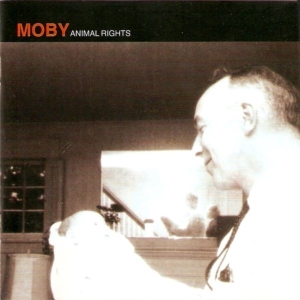
Animal Rights is the fourth studio album by American musician Moby, released on September 23, 1996. The album was a temporary style shift from the electronica music that Moby had previously released to an alternative rock sound influenced by the hardcore punk music that he had enjoyed as a teenager. The album was released to mediocre critical reviews and commercial performance.
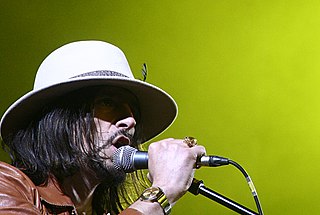
The Future Sound of London is a British electronic music group composed of Garry Cobain and Brian Dougans. Described as a "boundary-pushing" electronic act by AllMusic, their work covers many areas of electronic music, such as techno, ambient, house music, trip hop, psychedelia, and dub.
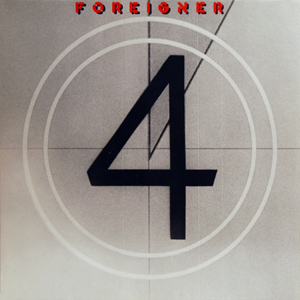
4, also known as Foreigner 4, is the fourth studio album by the British-American rock band Foreigner, released on July 2, 1981, on Atlantic Records. Several singles from the album were hits, including "Urgent", "Waiting for a Girl Like You" and "Juke Box Hero".

Trompe le Monde is the fourth studio album by the American alternative rock band Pixies, released on September 23, 1991 on 4AD in the United Kingdom and Elektra Records in the United States. After the surf-pop of Bossanova (1990), the band returned to the abrasive sound of the band's earlier releases.
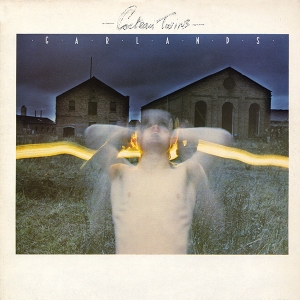
Garlands is the debut studio album by Scottish alternative rock band Cocteau Twins, released 1 September 1982 on 4AD. It peaked in the top 5 of the UK Independent Albums Chart, and received support from BBC Radio 1 radio host John Peel.

Edward the Great: The Greatest Hits is Iron Maiden's third "best-of album", originally released on 4 November 2002. In contrast to other works by the group collecting together songs from different albums, such as Best of the Beast, Edward the Great includes no tracks with performances with vocalist Paul Di'Anno; however, material from when Blaze Bayley fronted the band were included.

Pink Flag is the first studio album by the English band Wire. It was released in November 1977 by Harvest Records. Though the album failed to chart on its initial release, it has been widely considered to have been highly influential on many other musicians.

Psychocandy is the debut studio album by Scottish rock band The Jesus and Mary Chain. It was released in November 1985 on Blanco y Negro Records. The album is considered a landmark recording: its combination of guitar feedback with traditional pop song structures proved influential on the forthcoming shoegazing genre and alternative rock in general. The band moved from its abrasive sound with the release of their second album, 1987's Darklands.
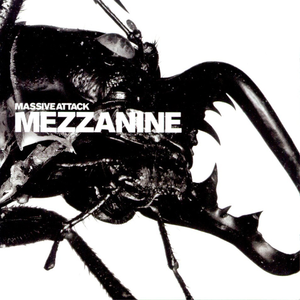
Mezzanine is the third studio album by English electronic music group Massive Attack, released on 20 April 1998 by Circa and Virgin Records. Produced by Massive Attack and Neil Davidge, it saw the duo expanding their trip hop sound to electronica stylings, with diverse influences from new wave, rock, hip hop, and dub music.
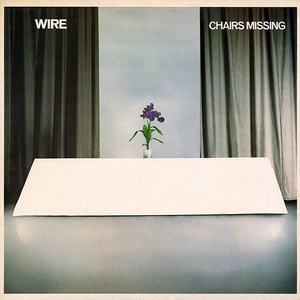
Chairs Missing is the second studio album by English rock band Wire. It was released in August 1978. The album peaked at number 48 in the UK Albums Chart.

...The Dandy Warhols Come Down is the second studio album by American rock band The Dandy Warhols. It was released on July 15, 1997, by Capitol.

Accelerator is the debut studio album by British electronica group The Future Sound of London. The album was first released in 1991 by the record label Jumpin' & Pumpin'. It is widely regarded as the group's most "club-oriented" album in that almost all the tracks have a sonic, dance-friendly vibe and it does not contain much of their later, more off-beat, complex, ambient techniques.

Dead Cities is a 1996 album by electronic music group The Future Sound of London.

"Cascade" is the first single from Future Sound of London's 1994 album Lifeforms. It is a series of variations on the song "Cascade", all different from the album's version as is customary for most FSOL singles.
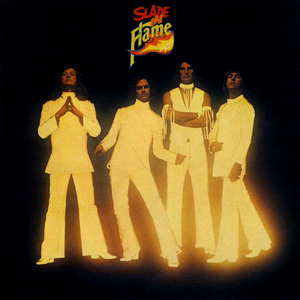
Slade in Flame is the first soundtrack album and fifth studio album by the British rock group Slade. It was released on 29 November 1974, reached No. 6 in the UK and was certified Gold by BPI in February 1975. The album was produced by Chas Chandler and contains songs featured in the band's film of the same name. The band tried to give the album a "sixties" feel, as the film was set in 1966.

Back into the Future is the eighth album by the Welsh psychedelic/progressive rock band Man. It was released in September 1973. It was originally issued as a double LP and was the first album recorded since the departure of Clive John. LP 1 was recorded in the studio, initially by the remaining four band members, but they felt an additional guitarist was needed, so Alan "Tweke" Lewis joined from Wild Turkey for the final studio recordings and also played on LP 2 which was recorded live at The Roundhouse.

Taiga is the fourth studio album by Zola Jesus. It was released on October 6, 2014 in the UK and EU and on October 7, 2014 in the US through Mute. The album was produced by Nika Roza Danilova and co-produced by Dean Hurley. It marks the first Zola Jesus record to be released through Mute Records. The album title Taiga is the Russian word for boreal forests. A music video was released for the album's first single "Dangerous Days". The music video was directed by Timothy Saccenti and filmed in Hoh Rainforest, Washington.
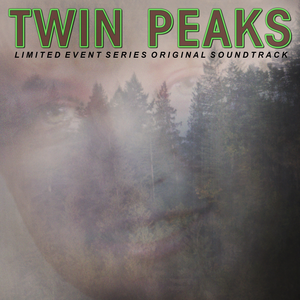
Twin Peaks: Limited Event Series Original Soundtrack is a soundtrack album by American composer Angelo Badalamenti. It was released on September 8, 2017, by Rhino Entertainment. The album is the score to the Twin Peaks revival series, and includes previously unreleased compositions by Badalamenti.

Renaissance is the ninth solo studio album by American musician Marcus Miller. It was released on May 28, 2012 through Concord Jazz. Recording sessions took place at Sear Sound in New York City with additional recording at Hannibal Studio in Santa Monica and at the Music Shed in New Orleans. The album features contributions from Dr. John on vocals, Federico González Peña, Kris Bowers and Bobby Sparks on keyboards, Adam Rogers, Adam Agati and Paul Jackson Jr. on guitar, Louis Cato on drums, Ramon Yslas on percussion, Alex Han on alto saxophone, Maurice Brown and Sean Jones on trumpet, with guest appearances from Gretchen Parlato and Rubén Blades.





















